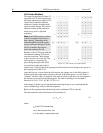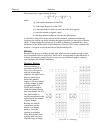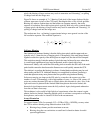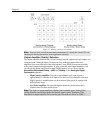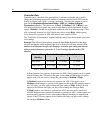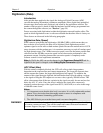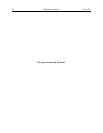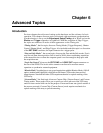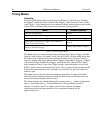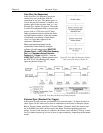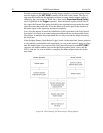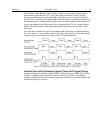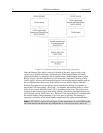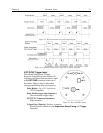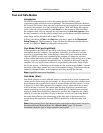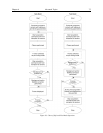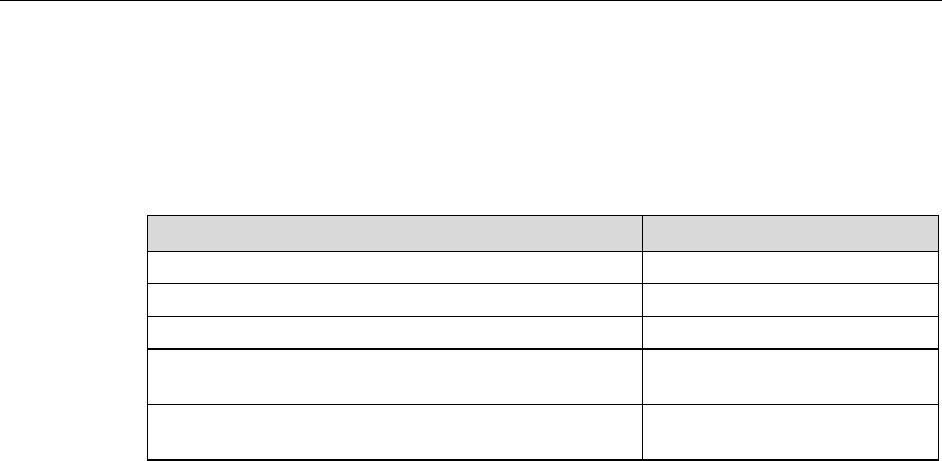
68 PIXIS System Manual Version 2.C
Timing Modes
Overview
The basic PIXIS timing modes are Free Run {No Response}, External Sync {Readout
Per Trigger}, and External Sync {Readout Per Trigger} with Continuous Cleans {Clean
Until Trigger}. These timing modes are combined with the Shutter options to provide the
widest variety of timing modes for precision experiment synchronization.
Mode
Shutter Condition
Free Run {No Response}
Normal
External Sync {Readout Per Trigger}
Normal
External Sync{Readout Per Trigger}
PreOpen {Open Before Trigger}
External Sync {Readout Per Trigger} with Continuous
Cleans {Clean Until Trigger}
Normal
External Sync {Readout Per Trigger} with Continuous
Cleans {Clean Until Trigger}
PreOpen {Open Before Trigger}
Table 3. Camera Timing Modes
The shutter options available include Normal, PreOpen {Open Before Trigger}, Disable
Opened {Always Open} or Disable Closed {Always Closed}. Disable simply means that
the shutter will not operate during the experiment. Disable closed {Always Closed} is
useful for making dark charge measurements. PreOpen {Open Before Trigger}, available
in the External Sync {Readout Per Trigger} and External Sync {Readout Per Trigger}
with Continuous Cleans {Clean Until Trigger} modes, opens the shutter as soon as the
PIXIS is ready to receive an External Sync pulse. This is required if the time between the
External Sync pulse and the event is less than a few milliseconds, the time it takes the
shutter to open.
The shutter timing is shown in the timing diagrams that follow. Except for Free Run,
where the modes of shutter operation are identical, both Normal and PreOpen lines are
shown in the timing diagrams and flow chart.
The timing diagrams are labeled indicating the exposure time (t
exp
), shutter compensation
time (t
c
), and readout time (t
R
). These parameters are discussed in more detail in
Chapter 5. Note that if there is no shutter selected in the software, the shutter
compensation time (the time required to close a mechanical shutter) will be
approximately 0 ms.



